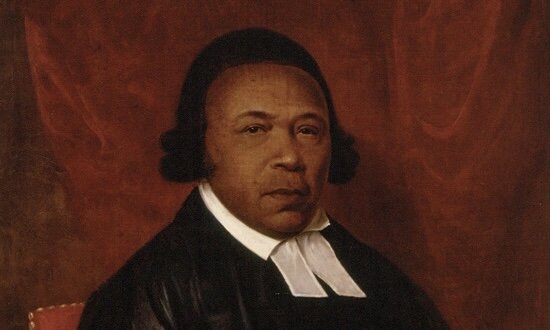![Gallons of Grace]()
A Sermon for Epiphany 2 (Year C)
“I’m running on empty.”
How many of us have heard or said something like these words in just the last few weeks? The past two years have taken so much from us—from each and every one of us. They’ve taken our health, our loved ones, our lives, our hope. The pandemic has sapped away so much of our energy—our will to live. It’s drained away so much of our joy. And now, as yet another variant of the virus rages around us, we’re seeing the tiny glimpses of “normal” that we’d caught slip away before our eyes. And it’s crushing.
It’s understandable that we would feel desolate, worn down, forsaken. This is hard. It’s so, so hard. The heartbreak from canceling plans and refusing hugs. The sadness from covering our lips that long to smile and sing. The exhaustion from trying to nurture our children in the midst of this storm. The frustration from struggling to keep patients alive. It’s okay to feel like you’ve got nothing left to give to feel like you’re running on empty. Because our emptiness is not the end. The story doesn’t end when our wells run dry.








